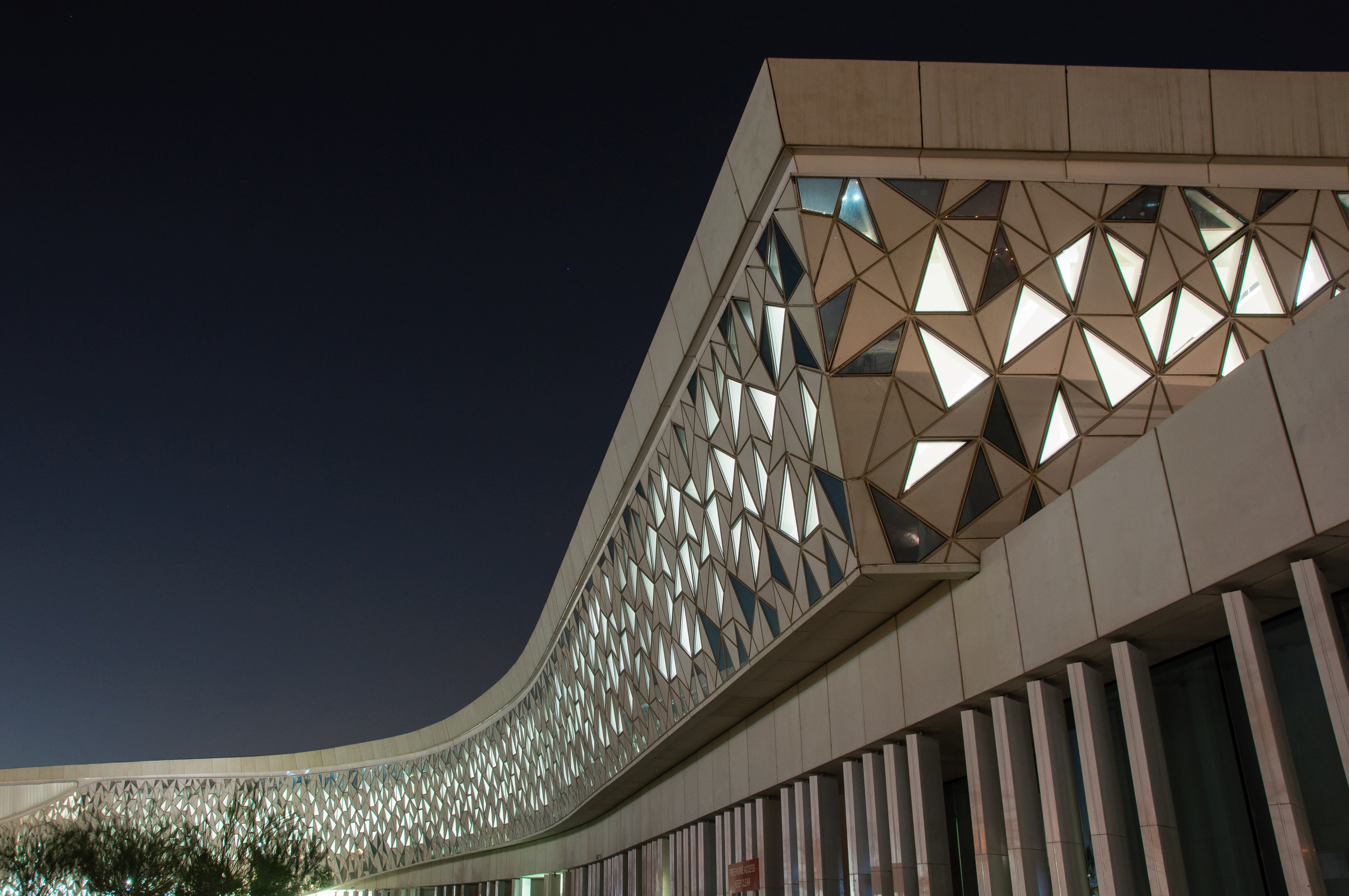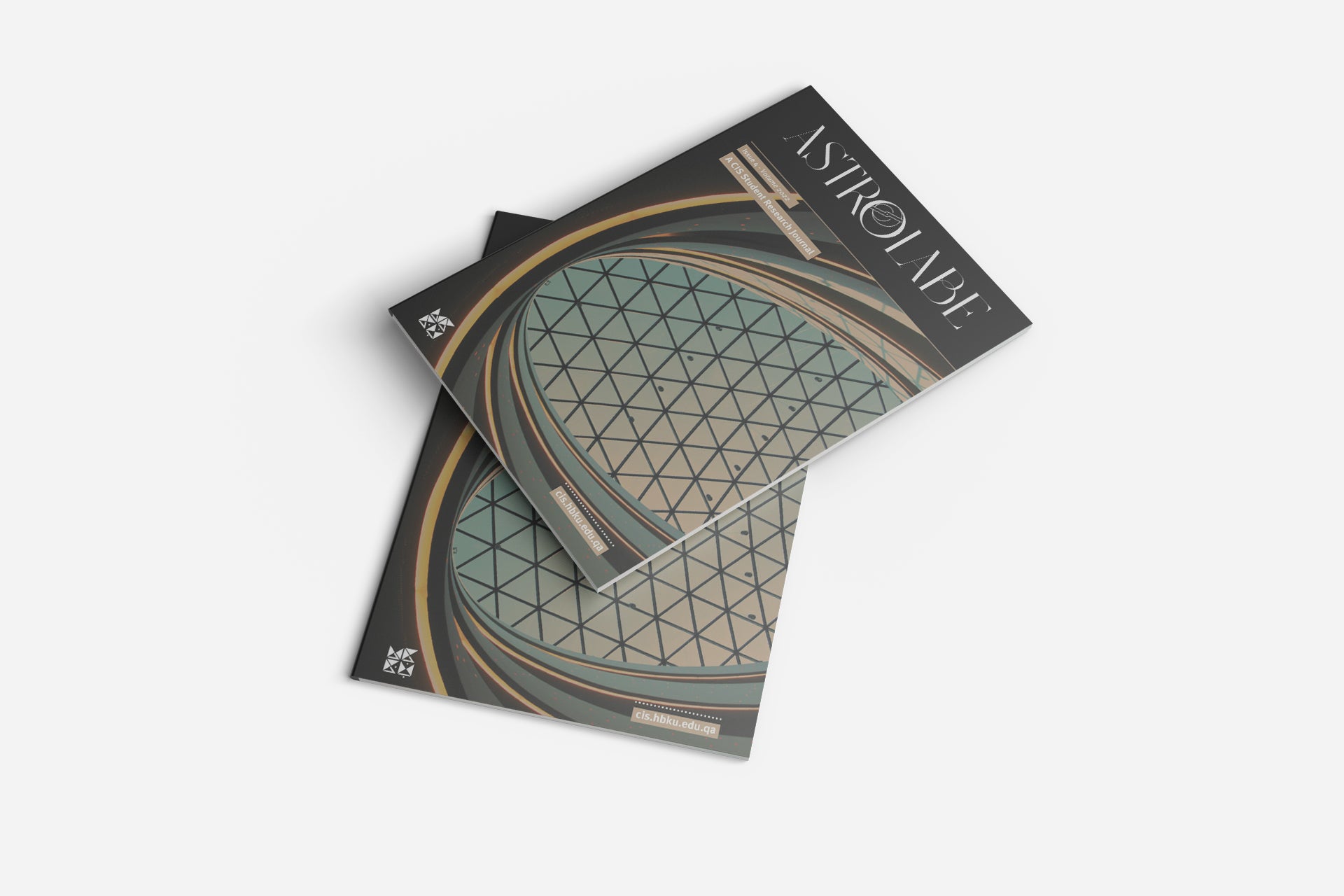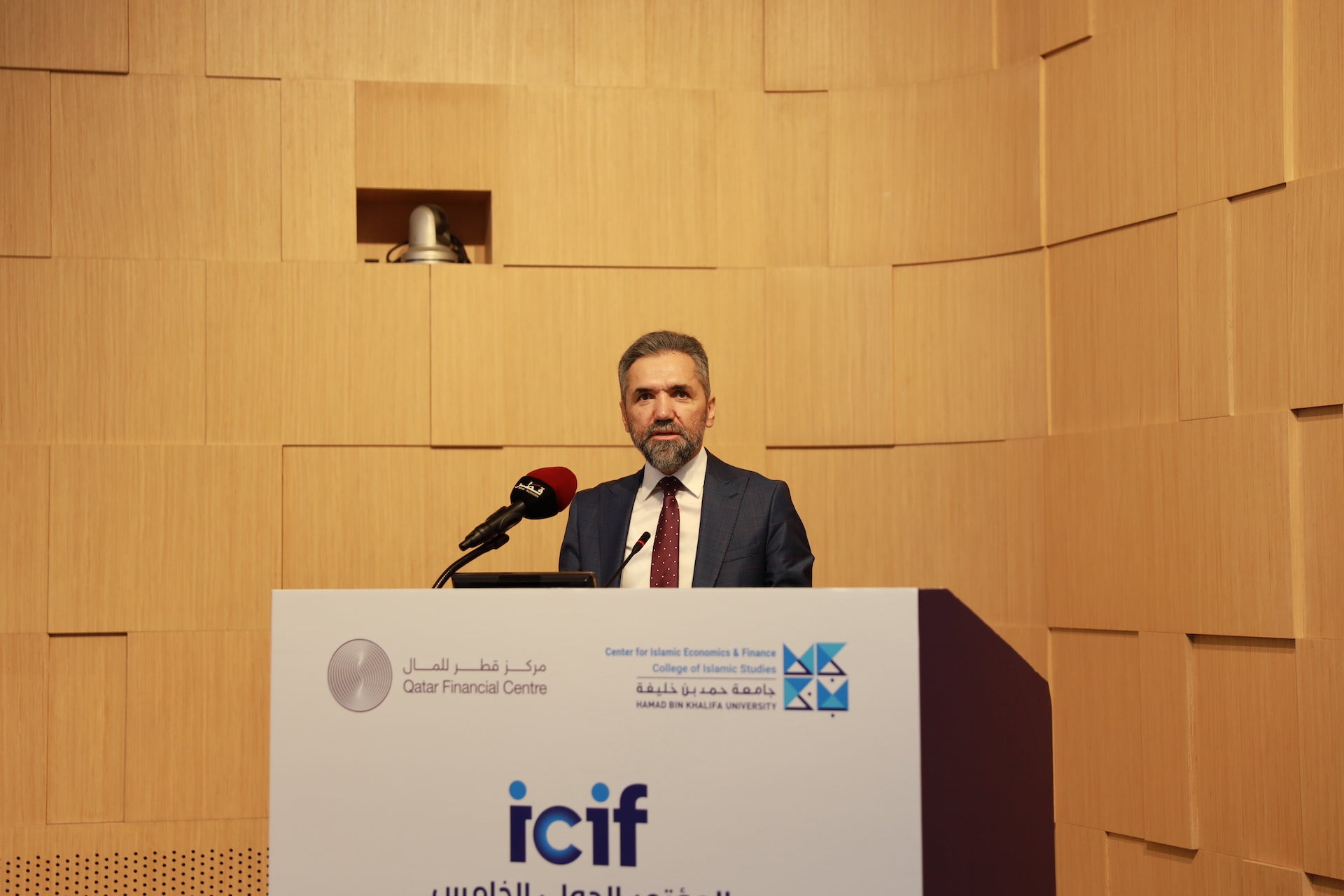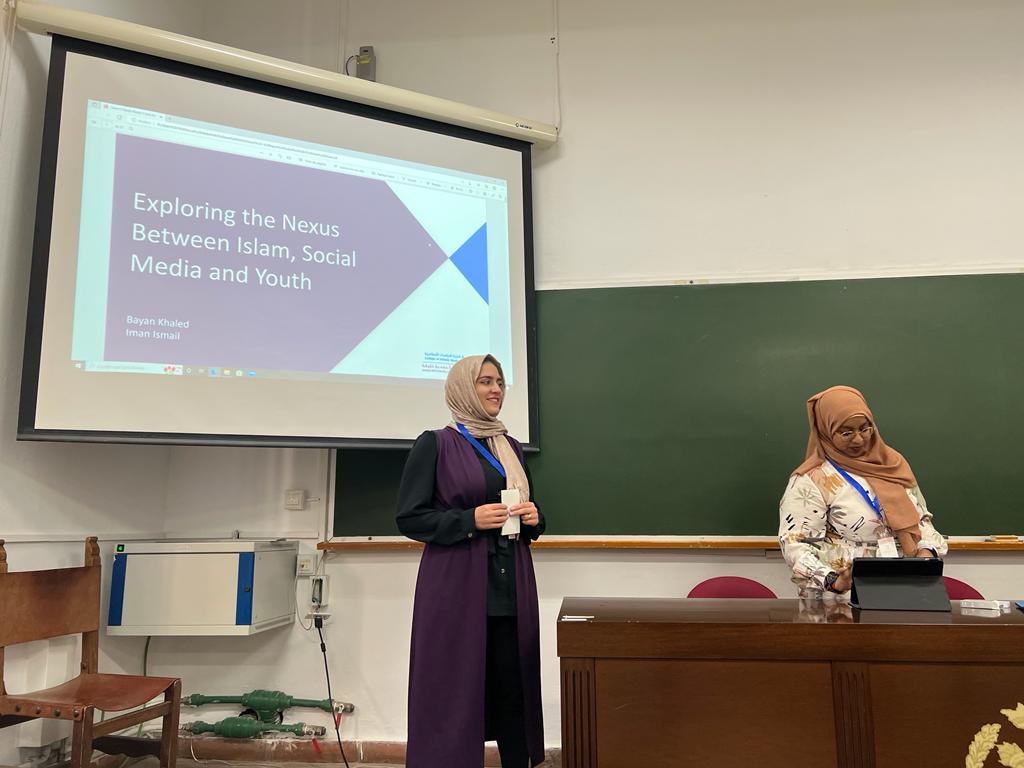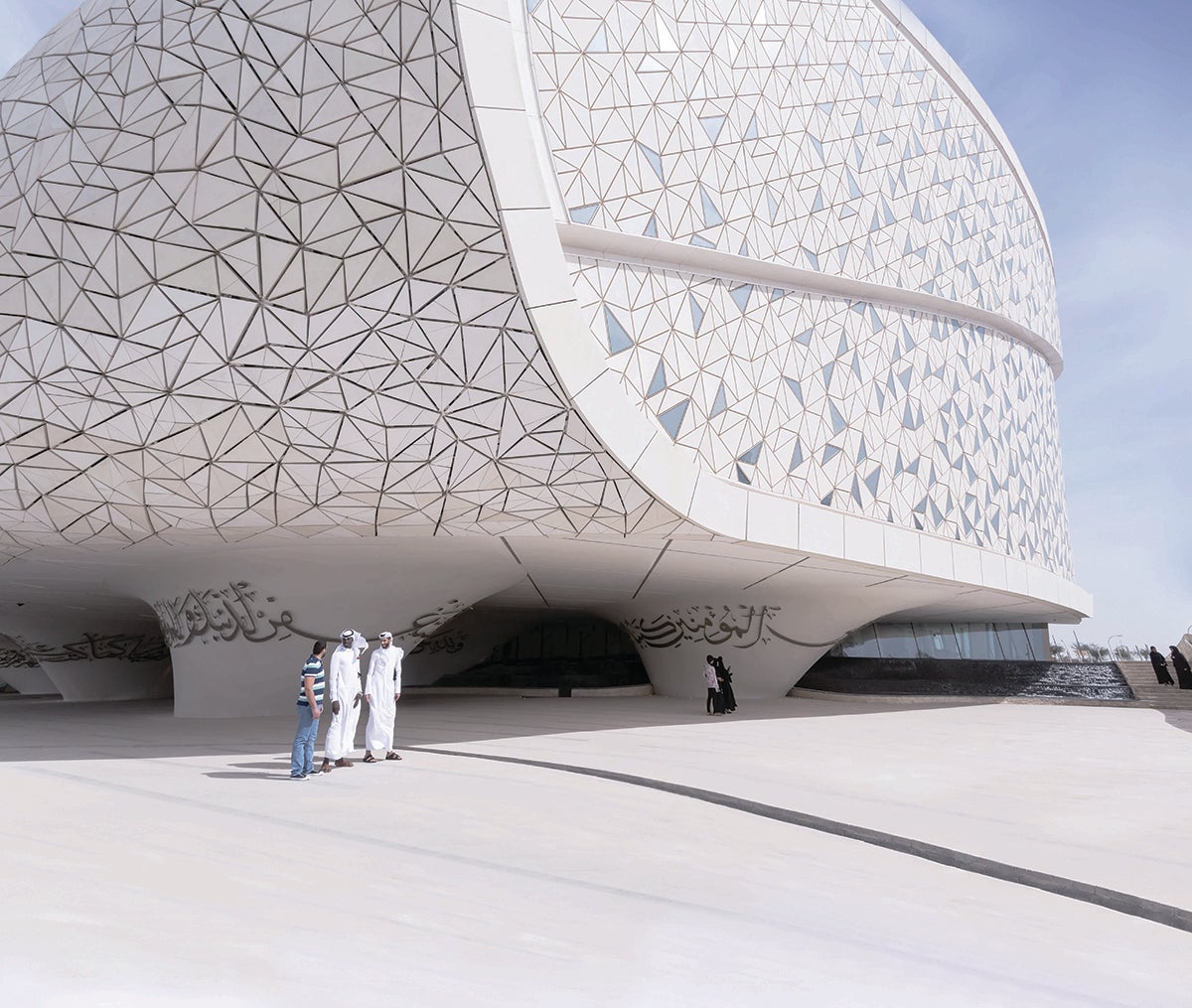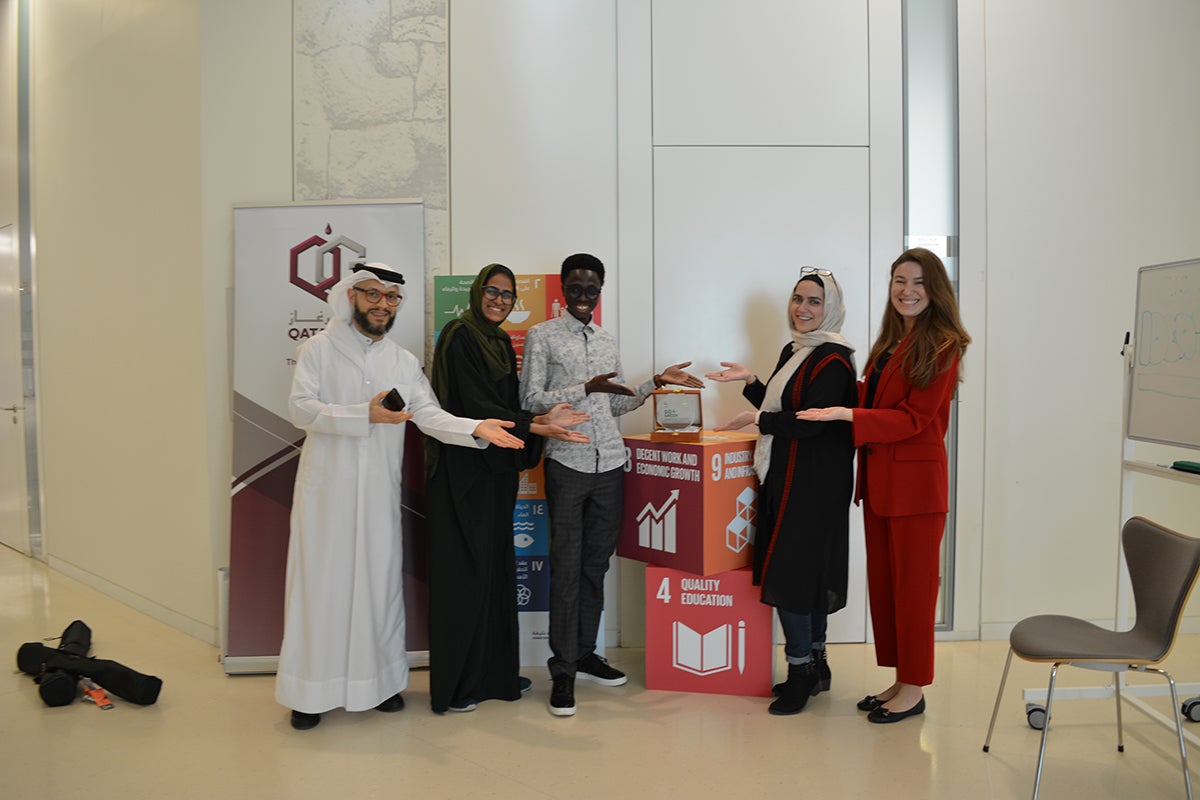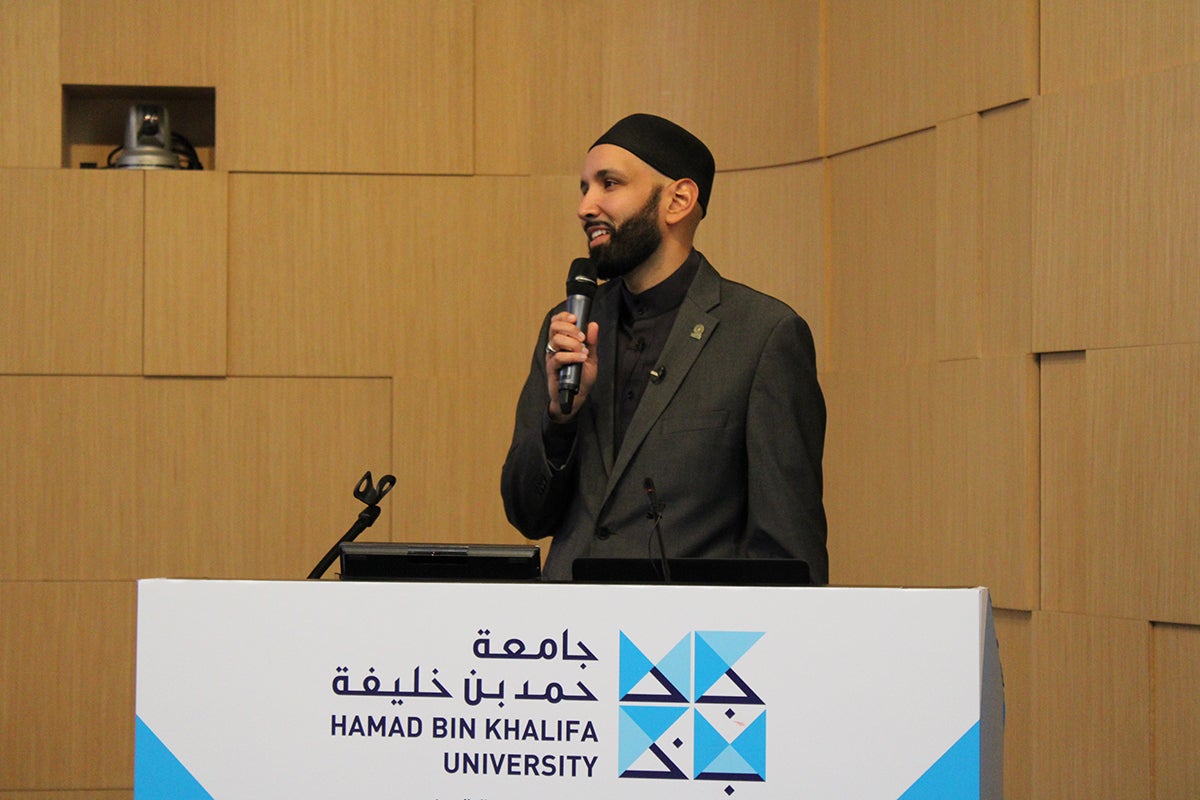Three months after the ceasefire, CIS Research Fellow Bayan Khaled highlights the plight of refugees who lost their homes not once, but twice

Double refugees are people who have suffered forced displacement twice during their lifetime: once from their original homes, and then again from their host country. In this case, Palestinian-Syrian double refugees are those who have been displaced from Palestine to Syria because of the conflict in Palestine and then again forced to flee Syria because of the ongoing war in that country.
Fleeing two warzones
After the Palestinian Nakba began in 1948, many Palestinians were forced to flee their land and a large number of them ended up in Syria. According to the United Nations Relief and Works Agency for Palestinian Refugees (UNRWA), the figure is staggering: 750,000 Palestinian refugees were forced to abandon their homes in Palestine, with a total of 560,000 Palestinian refugees living in Syria before the civil war erupted, and more than 430,000 refugees remaining in Syria today. As many as 5 million Palestinian refugees exist in the world, 95% of them needing some form of humanitarian aid.
Like other double refugees, those who fled Palestine and sought refuge in Syria and spent their lives carrying a Syrian travel document as a form of identification. However, the civil war that broke out in Syria in 2011 led to a large fraction of Palestinian refugees being internally displaced. Many others had to evacuate the country altogether. According to UNRWA, more than half of the Palestinian refugees in the country have been displaced at least once.
Many Palestinians who attempted to evade Syrian turmoil had a much harder time getting out than Syrian inhabitants. This was undoubtedly tied to their former refugee status.
In need of aid
To make matters worse for the Palestinians, the Trump administration ceased its funding to UNRWA, an agency that has helped educate refugees and all of their children. UNRWA is very dependent on the United States, the agency’s single biggest donor, and currently facing unprecedented challenges due to the financial cuts and the COVID-19 pandemic.
Palestinian refugees are in critical need of assistance and humanitarian aid. In an interview with Al Jazeera, Chris Gunness, spokesperson for UNRWA, said that Palestinians are among those worst affected by the Syrian civil war. Before the crisis, according to Gunness, a much higher proportion of refugees fell below the poverty line compared to the Syrian population. In fact, 27% of Palestinian refugees fell below a poverty line of $1 per day. “As Palestinian refugees remain trapped in an increasingly complex and deadly conflict, it is important that their plight is not forgotten,” he said, adding that “the most pressing need for Palestinian refugees is for an end to the war in Syria; a long-term, durable cessation of hostilities that enables them to recover a semblance of the safe refuge that Syria had provided to them since 1948.”
Double refugees abroad
Even then, those who manage to escape do not catch a break. In some countries, double refugees still face a hard time once they have made it to safe land. Palestinian refugees from Syria are denied refugee rights in Jordan, Lebanon, and Egypt and can be subject to arrest or deportation. As for Turkey and Europe, although they follow the principle of “non-refoulement” (which guarantees no forced-return to the country of origin where a pertinent danger exists), Palestinians are confronted with harsh conditions and deadly risks, and can be less likely to be granted asylum when compared to their Syrian counterparts.
Yet, many refugees attest that Europe seems to be a safer place for refugees who are seeking stability. The reasons they cite are a genuine desire and a detailed process by which European governments strive to accept and ultimately integrate refugees into their societies.
The escape to freedom
There are many ways in which refugees try to escape to their freedom; sometimes they are successful but other times, unfortunately, they are not. My Palestinian grandfather escaped to Lebanon, where my father was born, on foot and he made it successfully. Thanks to his efforts to bring his family to safety, my siblings and I exist today. My cousins in Syria fled successfully by sea. Other people we know dealt with smugglers who told them to get rid of their passports and identification. They had to pay generously for such help to flee, but you cannot put a price on freedom.
Tragically, as we have seen on the news, some do not survive the rough journey, as in the case of three-year old Alan Kurdi, who drowned in the Mediterranean Sea. But refugees risk their lives and leave the homes they have known for decades for a chance at a better life away from danger. Even the risk of death is worth leaving an unsafe world behind.
Questions of identity
Once these refugees finally make it to their new “home”, they must learn to adapt to a new culture, new people, new surroundings, and a new lifestyle. Their lives are changed forever. For some, this traumatic experience does far too much damage to move on easily. For others, however, it becomes an opportunity for a fresh start, to find a way to excel and flourish in their lives.
Double refugees have had to endure so much more because they have been through the daunting experience of leaving it all behind and fleeing toward the unknown, not once, but twice. Do they describe their home as the one they grew up in or the one they left before that? “Home” becomes an utterly confusing concept. More often, they pass down their knowledge and experience of both places they identify as “home” to their children.
For most refugees, tales from their past, the place they grew up in, their houses, their friends, their childhood, everything they have ever known, will be passed down through their lineage. Of this, every Palestinian will make sure, even if those who took away our land thought “the old will die and the young will forget”.
Bayan Khaled is a Research Fellow at the College of Islamic Studies at Hamad Bin Khalifa University.
The views expressed are the author’s own and do not necessarily reflect the University’s official stance.




